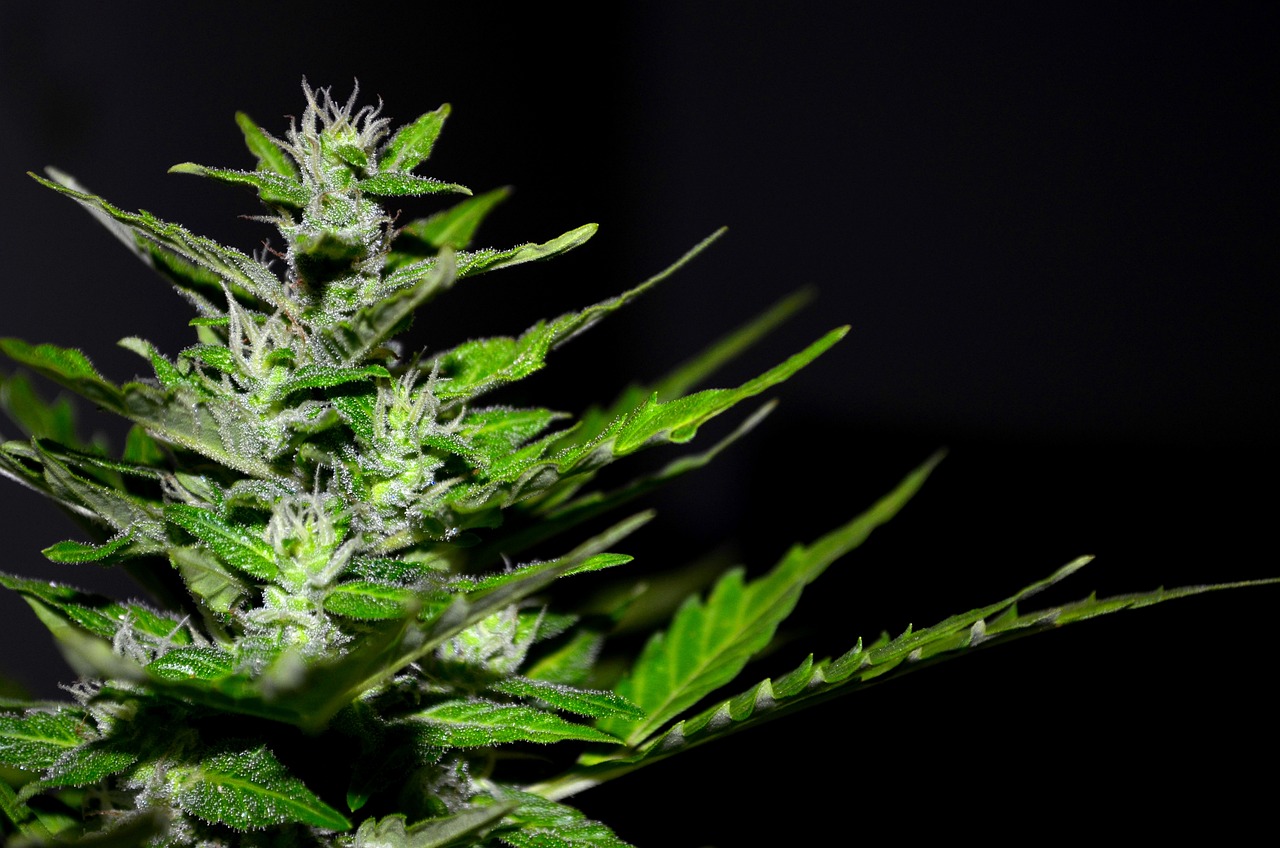-
Table of Contents
Cultivating Calm: The Therapeutic Effects of THCA Flower
In recent years, the interest in cannabis and its various compounds has surged, leading to a deeper understanding of its potential benefits. One such compound that has garnered attention is THCA (tetrahydrocannabinolic acid). Unlike its more famous counterpart THC (tetrahydrocannabinol), THCA is non-psychoactive, meaning it does not produce the “high” associated with cannabis use. This article explores the therapeutic effects of THCA flower and how it can be a valuable addition to wellness routines.
Understanding THCA
THCA is a cannabinoid found in raw and live cannabis. It is the precursor to THC and converts to THC when exposed to heat through a process called decarboxylation. This conversion is why raw cannabis does not produce psychoactive effects. THCA is typically found in fresh cannabis plants and can be consumed in various forms, including raw juice, tinctures, and capsules.
Non-Psychoactive Nature
One of the primary reasons for the growing interest in THCA is its non-psychoactive nature. This makes it an appealing option for individuals seeking the therapeutic benefits of cannabis without the mind-altering effects. This characteristic allows for more flexible use in daily routines and can be particularly beneficial for those who need to maintain clarity and focus.
Therapeutic Benefits of THCA
Research into the therapeutic benefits of THCA is still in its early stages, but preliminary findings and anecdotal evidence suggest several potential advantages:
- Anti-Inflammatory Properties: THCA has shown promise in reducing inflammation, which can be beneficial for conditions such as arthritis and other inflammatory diseases.
- Neuroprotective Effects: Studies indicate that THCA may have neuroprotective properties, potentially aiding in the prevention of neurodegenerative diseases like Alzheimer’s and Parkinson’s.
- Anti-Emetic Effects: THCA may help reduce nausea and vomiting, making it a potential option for individuals undergoing chemotherapy or those with chronic gastrointestinal issues.
- Antioxidant Properties: The antioxidant effects of THCA can help protect cells from damage caused by free radicals, contributing to overall health and wellness.
Case Studies and Research
Several case studies and research projects have highlighted the potential benefits of THCA:
- A study published in the British Journal of Pharmacology found that THCA exhibited significant anti-inflammatory effects in animal models, suggesting its potential for treating inflammatory conditions.
- Research conducted by the University of Guelph demonstrated that THCA could reduce nausea and vomiting in animal models, supporting its use as an anti-emetic.
- Anecdotal evidence from patients with neurodegenerative diseases has shown improvements in symptoms and quality of life when incorporating THCA into their treatment plans.
Methods of Consumption
There are various ways to incorporate THCA into a wellness routine, each with its own set of benefits:
- Raw Juicing: Consuming raw cannabis juice is one of the most direct ways to intake THCA. This method preserves the cannabinoid in its natural form and can be easily added to smoothies or juices.
- Tinctures: THCA tinctures offer a convenient and precise way to consume the cannabinoid. They can be taken sublingually or added to food and beverages.
- Capsules: THCA capsules provide a controlled dosage and are ideal for those who prefer a pill form.
- Topicals: THCA-infused topicals can be applied directly to the skin, offering localized relief for inflammation and pain.
Personal Experiences
Many individuals have shared their positive experiences with THCA:
- Jane’s Story: Jane, a 45-year-old arthritis patient, found significant relief from joint pain and inflammation after incorporating THCA tinctures into her daily routine.
- Mark’s Journey: Mark, who suffers from chronic nausea due to chemotherapy, reported a marked reduction in symptoms after using THCA capsules.
- Linda’s Experience: Linda, diagnosed with early-stage Parkinson’s, noticed improvements in her motor skills and overall well-being with the use of THCA topicals.
Legal Considerations
The legal status of THCA varies by region. In some areas, THCA is considered legal as it is non-psychoactive, while in others, it falls under the same regulations as THC. It is important to research and understand the local laws regarding THCA before incorporating it into a wellness routine.
Conclusion
THCA flower offers a promising avenue for those seeking the therapeutic benefits of cannabis without the psychoactive effects. With its potential anti-inflammatory, neuroprotective, anti-emetic, and antioxidant properties, THCA can be a valuable addition to various wellness routines. As research continues to uncover more about this cannabinoid, its role in promoting health and well-being is likely to expand.
